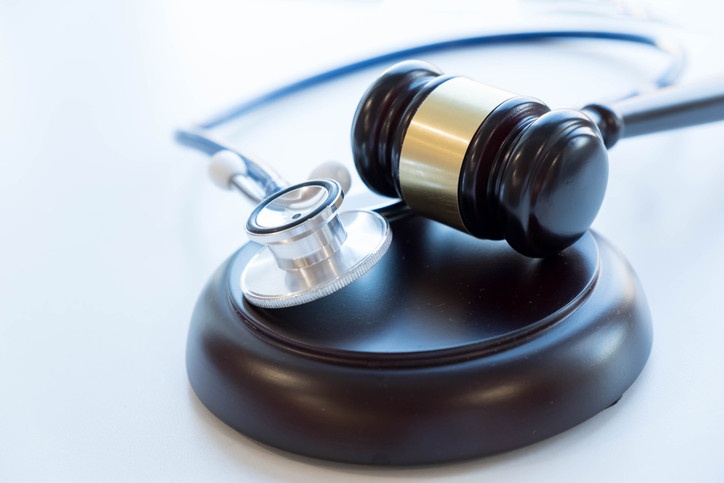At The Gogel Law Firm, our St. Louis attorney knows that determining liability in a Missouri personal injury claim involves assessing who was negligent or at fault for the accident or injury.
The process can vary based on the accident type, but common steps and factors are considered in determining fault in most cases. Here, we explain the key elements of the process.
What Factors Help Determine Liability in a Missouri Personal Injury Claim?
Negligence is a key concept in personal injury cases. We must confirm that four overriding factors existed during the incident and injury to prove negligence.
The first component in determining whether an individual has a viable personal injury claim is whether the defendant — the assumed at-fault party — owed a duty of care to the injured party. For example, drivers have a duty to operate their vehicles safely, and property owners have a duty to maintain safe premises.
Next, we must demonstrate that the defendant breached their duty of care. This involves showing that their actions or inactions fell below the standard of care expected in the given situation.
Third, we must establish a direct link between the defendant’s breach of duty and our client’s injuries by proving the at-fault party’s actions were a substantial factor in causing our client’s harm.
Finally, we must prove those three factors led to our client’s damages, including medical costs, lost wages, and other expenses directly incurred by the injury.
Direct Evidence Helps Establish Liability During a Missouri Personal Injury Claim
Once we understand how our client’s accident and injuries happened, we must obtain, review, and present all the necessary evidence that the other party was at fault, thereby liable for their damages.
Depending on the type of accident, that may include:
- Police Reports and Accident Reconstruction
If applicable, police reports and accident reconstruction analysis can provide valuable evidence. These documents may include information about traffic violations, statements from involved parties, and the officer’s assessment of fault.
- Photographs and Documentation
Photographic evidence, like pictures of the accident scene, property damage, or injuries, can be instrumental in establishing the sequence of events and demonstrating liability.
- Video Footage
Surveillance or traffic footage from cameras near the accident may be used to support or refute fault claims.
- Medical Records
Medical records can help establish the extent and cause of injuries. They may be used to demonstrate how the defendant’s actions directly led to the injuries suffered by the plaintiff. They also establish the framework for the extent of those injuries and how they have impacted our client’s daily activities and overall quality of life.
- Eyewitness Testimony
Eyewitness accounts can play a crucial role in establishing fault. Witness statements may provide details about the sequence of events, the actions of the parties involved, and who may have been at fault.
- Expert Testimony
In cases involving complex issues, like medical malpractice or technical accidents, expert witnesses may be called upon to provide testimony regarding the standard of care and whether it was breached.
Contact Our Missouri Personal Injury Attorneys at Gogel Law Firm Today
Determining fault is critical to the success of a personal injury case and requires a thorough investigation of the facts and circumstances surrounding the incident.
If you have been injured while seeking medical care or lost a loved one to the same in Missouri, contact our St. Louis personal injury attorney today to review your case by calling (314) 370-8173 or online to schedule a free consultation to learn more about your legal rights and options to pursue the liable person, party, or entity for your complete financial recovery needs.







